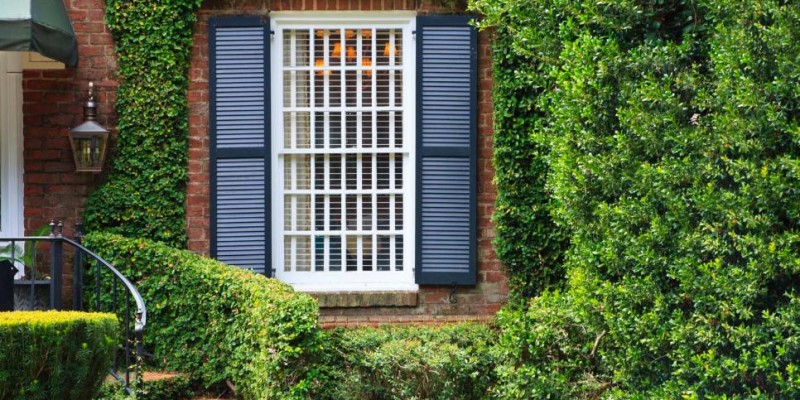A leaky faucet or standing water in your yard seem like small annoyances; however, they can cause big problems, and expenses around the house. Check out these signs that you should watch for in and around your home –
Critters
Ants scurrying on countertops or mouse droppings in HVAC grilles are signs that you have openings in your house that need to be closed, says Steve Gladstone, owner of Stonehollow Fine Home Inspection in Stamford, Conn. Check places like exhaust vents, condensate lines, pipes, ducts, utility access panels and garage doors — you’re looking for obvious gaps, signs of chewing or nesting, or ripped screening.
Mold
You should expect to find mold occasionally in wet spots like the kitchen and bathroom, but when you see it someplace it shouldn’t be — like on the living room walls — call a professional for evaluation. You want an independent inspector certified by the American Board of Industrial Hygiene or the American Council for Accredited Certification. An inspector can tell you whether you can clean up the mold yourself or whether you need the services of a remediation company.
Plants Encroaching on Your Roof or Walls
Shrubs and trees planted too close to your house can trap moisture, damage siding when the wind blows, and fill gutters with debris. “I want to be able to walk behind shrubs — they need to be at least three feet from the house and from air conditioning units because they block airflow,” says Steve Gladstone of Stonehollow Fine Home Inspection. “With trees, you don’t want them rubbing against the house at all. If the sun can’t dry your house, you’ll have to repaint more often because mold and pollen will build up.” Prune regularly to keep your house envelope clear.
Climbing vines like ivy, although beautiful, can splinter and rot wood siding and even weaken the mortar between bricks. Prune any existing ivy so that it stays away from windows, gutters and trim. If your heart is set on adding a climbing vine, choose a twining vine that wraps around a trellis or other nearby structure rather than a vine that climbs by tendrils or rootlets that cling to the surface of your house.
Dripping Faucets
Leaking faucets may seem minor, but they can waste a shocking amount of water. Don’t just wait until you see or hear a drip; actively check the cabinets under your sinks from time to time to make sure nothing’s leaking — including kitchen spray wands, which can leak down the tubing and under the cabinet without your noticing anything. If you want to tackle the repair yourself, learn how at DIYNetwork.com.
Standing Water in the Yard
If water stands in your yard for hours or even days after a moderate rain, you have poor drainage, which can be caused by heavy, compacted soils or improper grading. If this occurs near your home’s foundation, it can lead to nasty moisture issues in your basement or crawlspace. Fortunately, a French drain or re-grading the property can usually solve this problem — learn how to install a French drain yourself here.

